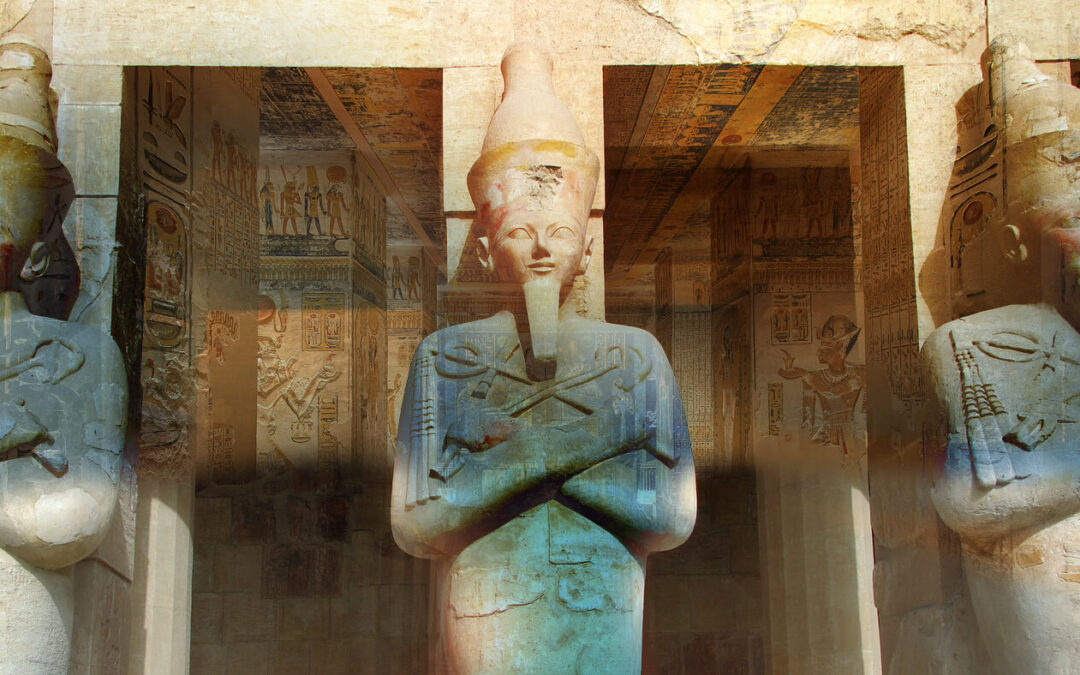
by bartmann | Apr 4, 2024
This course will survey the fundamentals of ancient Egyptian religion from the Predynastic period (ca. 4000 BC) to the end of the New Kingdom (ca. 1000 BC). Material will be covered both as an overview of how things unfolded over the various periods as well as how...
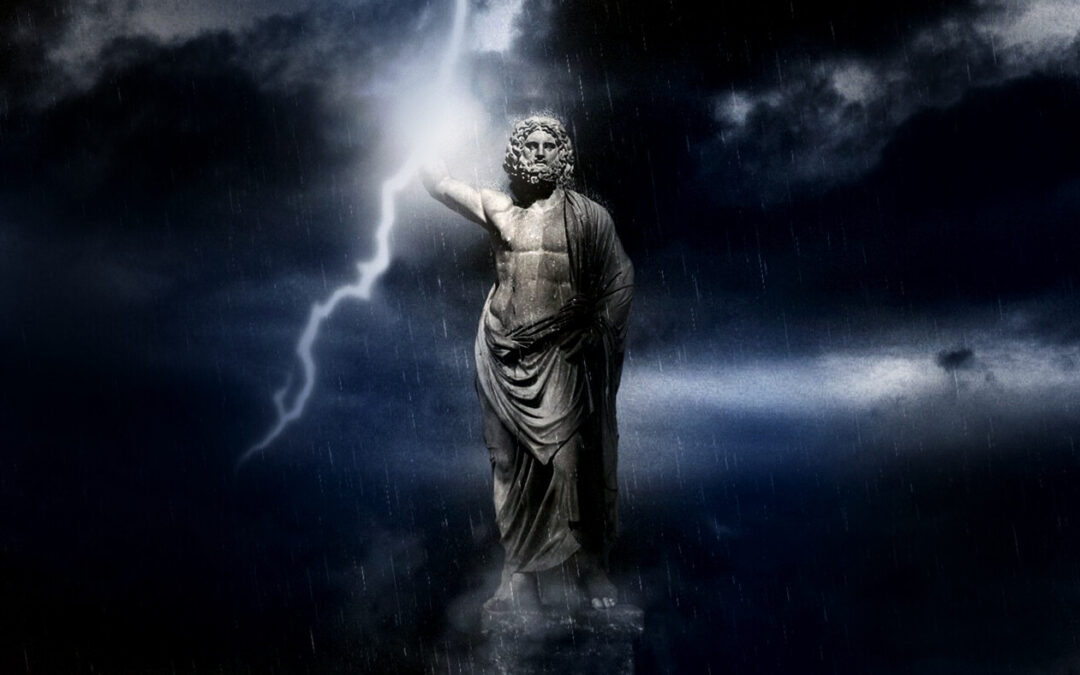
by bartmann | Apr 4, 2024
This course was originally scheduled for Spring 2020 but was postponed due to COVID-19 Since 2004 the University of Arizona has been excavating at the sanctuary of Zeus on Mt. Lykaion, known as the “Birthplace of Zeus.” High in the Arcadian mountains of Greece, it has...
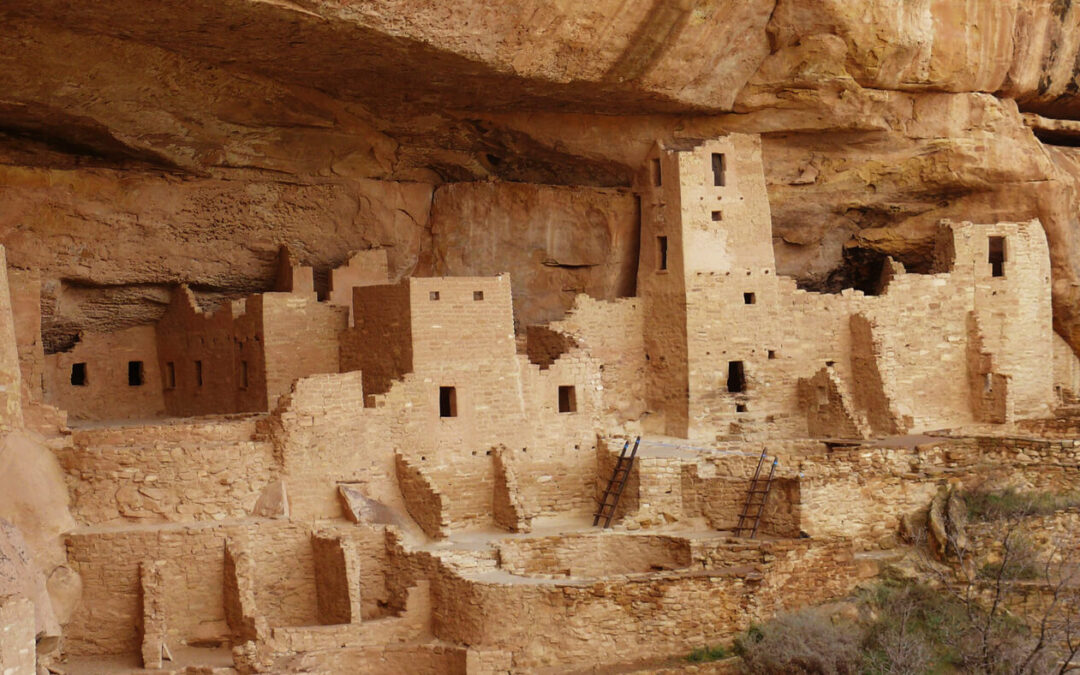
by bartmann | Apr 4, 2024
Sorry! This course has sold out. Click here to join the course waitlist Many of us are familiar with and may have even visited the seemingly mystical places in the Four Corners of the U.S. Southwest on the Colorado Plateau, including Mesa Verde, Chaco Canyon, Canyon...
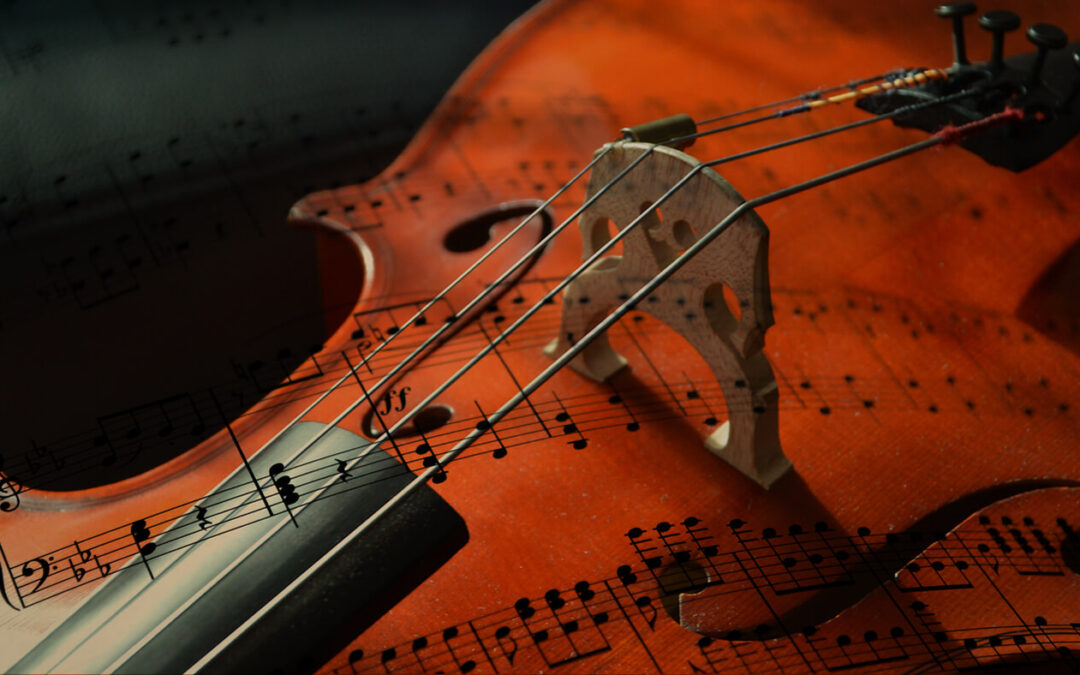
by bartmann | Apr 4, 2024
Sorry! This course has sold out. Click here to join the course waitlist Music from Haydn and Mozart to Beethoven and Brahms forms a canon of works held dear by performers and concert-goers alike. While each of these composers has his own distinct style, structurally...

by bartmann | Apr 4, 2024
African American literature has engaged consistently with the relationship between being black and being American. W. E. B. DuBois asked if that was even possible. Many writers and artists believed that control of representations of black Americans through art would...

by bartmann | Apr 4, 2024
Homer’s sublime epics, Iliad and Odyssey, fire the imagination. We’ll explore how these stories develop from an ancient prequel to modern sequels. Homer’s poetic tradition harkens back to the Mesopotamian Epic of Gilgamesh: the part-divine conflicted hero who wrestles...
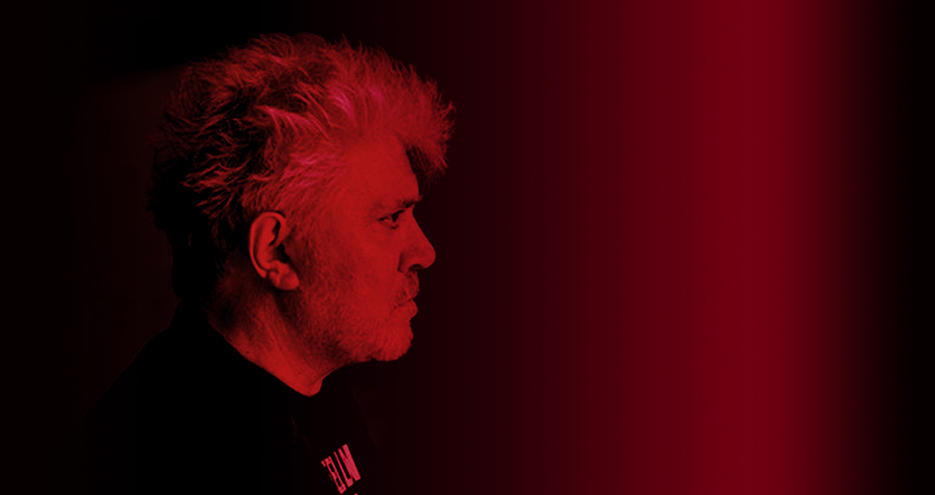
by bartmann | Apr 4, 2024
Pedro Almodóvar is now one of the world’s most highly regarded international directors. This course uses Women on the Verge (1998), his international breakthrough film, as the fulcrum to examine the before and after of his film making. The class will examine Women on...

by bartmann | Apr 4, 2024
Astronomy has seen tremendous progress in the past century. Large telescopes on the ground and in space now give us views of the universe across the electromagnetic spectrum. Powerful computers can handle exponentially increasing volumes of data, and they allow...

by bartmann | Apr 4, 2024
It is for good reason that China is often called a land of poetry. As the longest continuous form of creative writing in the country, poetry has been a defining feature in the life of China’s elite, from their participation in the civil service exams to their...

by bartmann | Apr 4, 2024
This course is now sold out. Click here to join the course wait list. If space opens up we will contact those on the wait list on a first come, first served basis. This course moves beyond the cartoon-character stereotyping of Putin-period Russia to examine important...
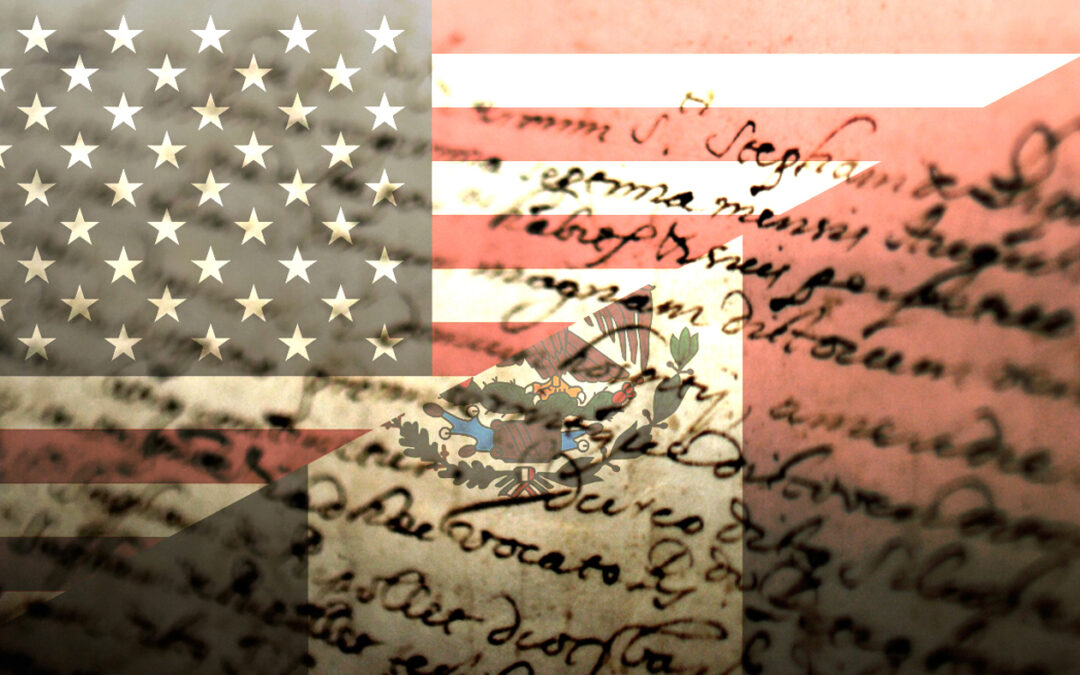
by bartmann | Apr 4, 2024
Please Note: This course is located in the Dorothy Rubel Room on the Main UA Campus NOT in Oro Valley as was originally advertised. The U.S.-Mexico borderlands have for over 400 years been the subject of numerous Spanish, Mexican, Mexican-American, Native-American,...

by bartmann | Apr 4, 2024
This course is now sold out. Click here to join the course wait list. If space opens up we will contact those on the wait list on a first come, first served basis. This course examines Supreme Court decisions and related social movements as historical case studies in...

by bartmann | Apr 4, 2024
This course is now sold out. Click here to join the course wait list. If space opens up we will contact those on the wait list on a first come, first served basis. Why are humans such a unique species on earth—or are we? We often think our intelligence (or more...

by bartmann | Apr 4, 2024
What makes Russian literature so Russian? This course will take us through two of the best-known Russian classics—Tolstoy’s Anna Karenina and Dostoevsky’s The Brothers Karamazov—as well as Turgenev’s little-known Sportsman’s Sketches as we uncover the world of...

by bartmann | Apr 4, 2024
This course surveys theater and performance produced in apartheid South Africa between 1970 and 1994, an era commonly seen as one of intense cultural struggle and resistance. We will chronologically study the history, development, and aesthetics of South African...
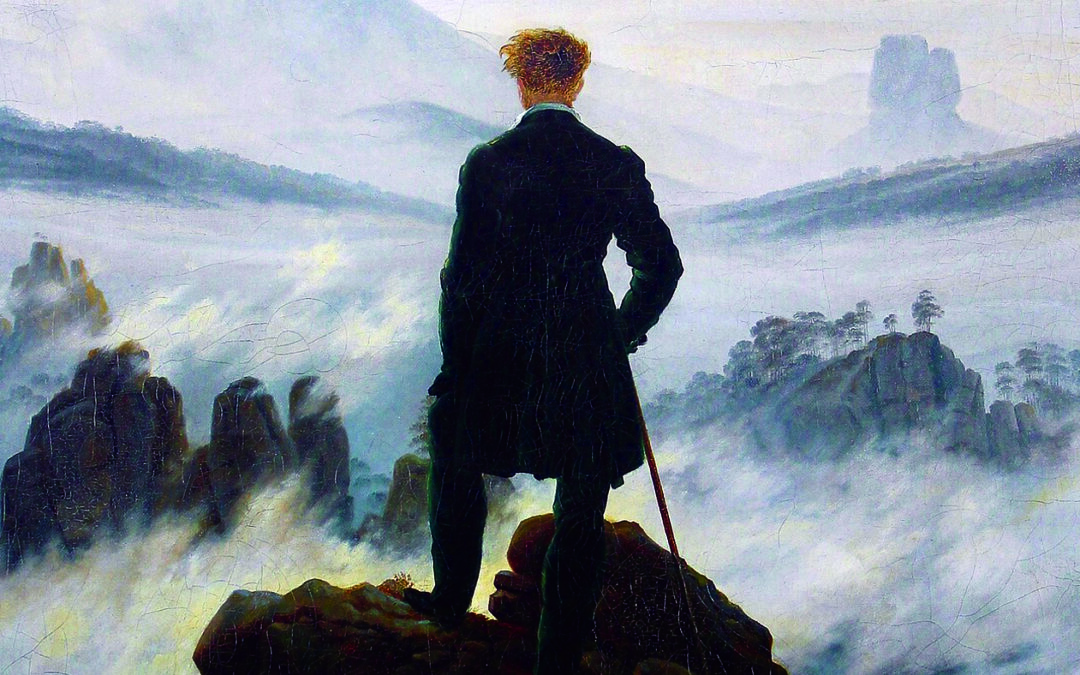
by bartmann | Apr 4, 2024
Romanticism embraces love and sensuality, but it includes much more. The romantic movement powerfully affected all forms of literature and the arts, and even science. In this seminar we investigate several texts in historical, political, philosophical, literary,...
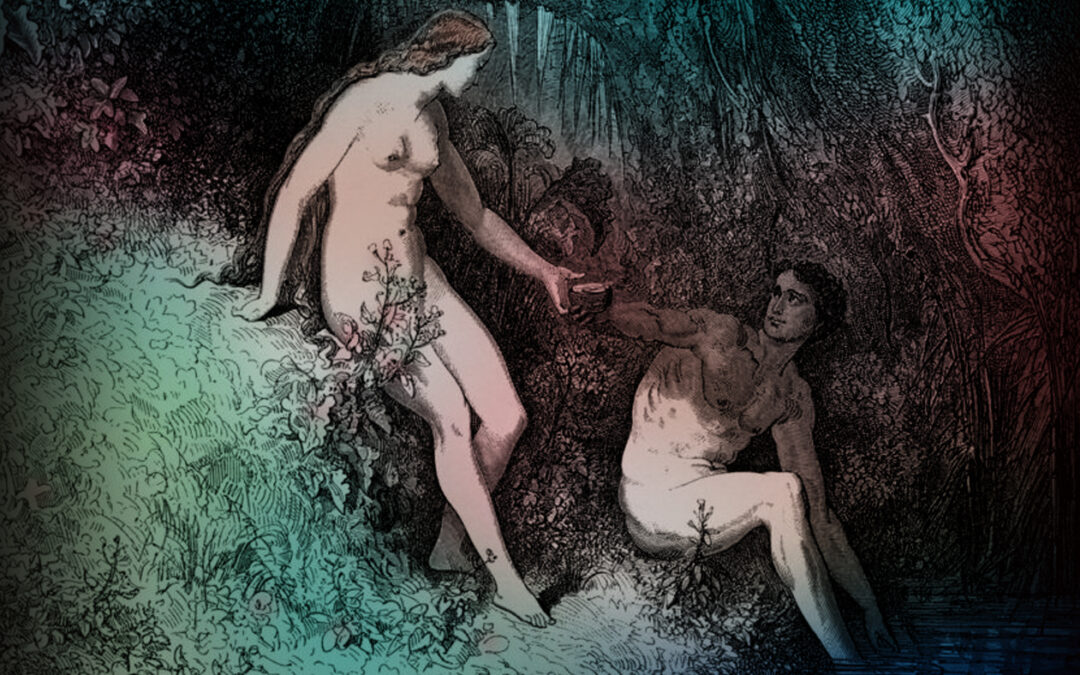
by bartmann | Apr 4, 2024
This seminar will explore some of the enduring questions Milton addresses in Paradise Lost: Does justice exist? What is the nature of evil? Can we know the truth? What are the limits to authority? Discussion will focus on the language and narrative structure of the...
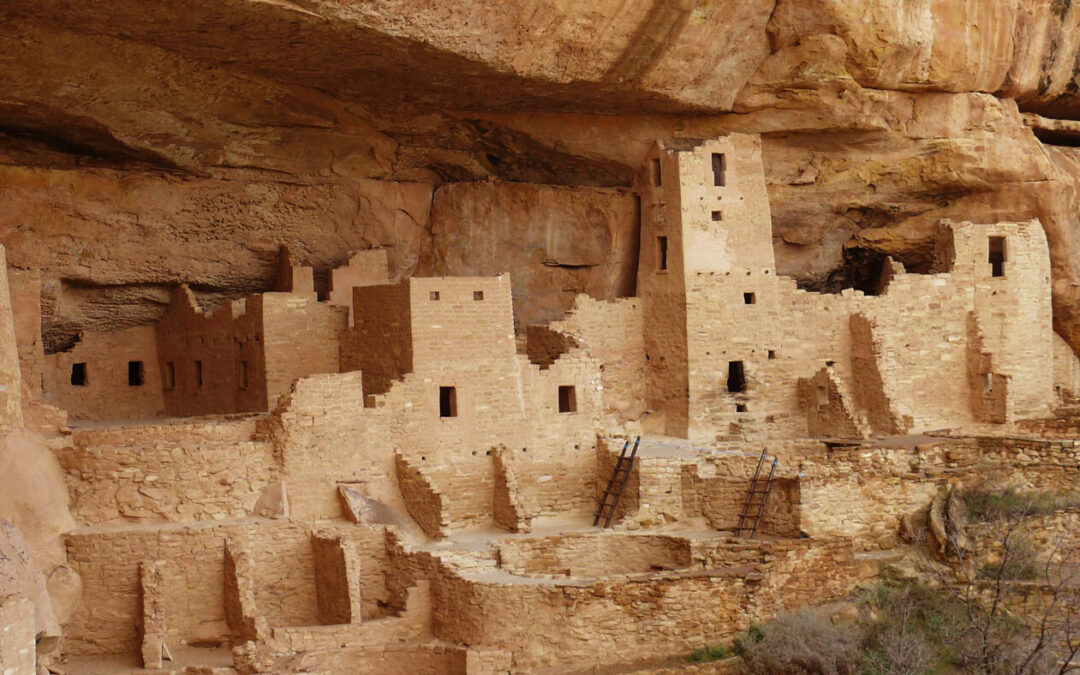
by bartmann | Apr 4, 2024
This course was originally scheduled for Spring 2020 but was postponed due to COVID-19 Many of us are familiar with and may have even visited the seemingly mystical places in the Four Corners of the U.S. Southwest on the Colorado Plateau, including Mesa Verde, Chaco...

by bartmann | Apr 4, 2024
Sorry! This course has sold out. Click here to join the course waitlist This course explores the nuances and key features of the Russian cultural-societal-historical experience often called “the Russian Soul.” Caught between East and West, Asia and Europe, and...

by bartmann | Apr 4, 2024
Please Note: Summer 2020 Course Registration Opens Online on Monday, May 11th at 8AM Never before has the nature of news changed so quickly and dramatically than now, driven by a crumbling economic model, “#FakeNews” attacks from government leaders, and declining...





















